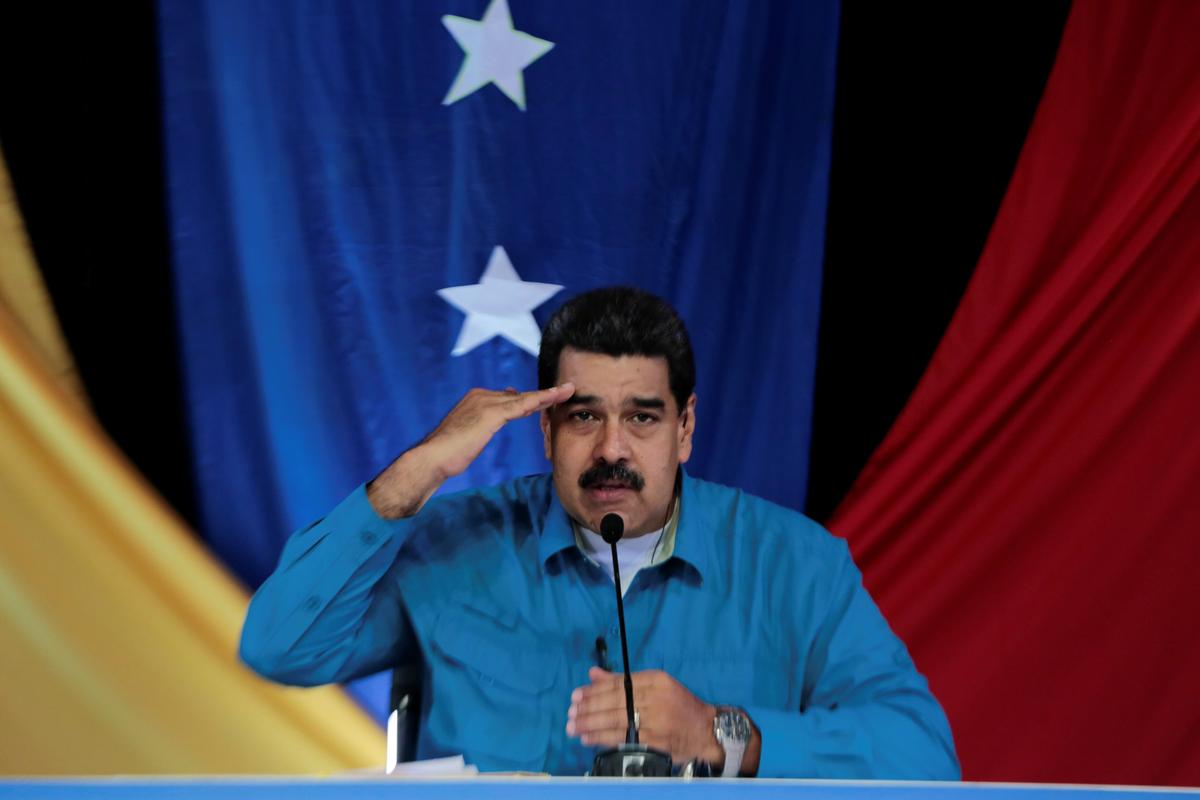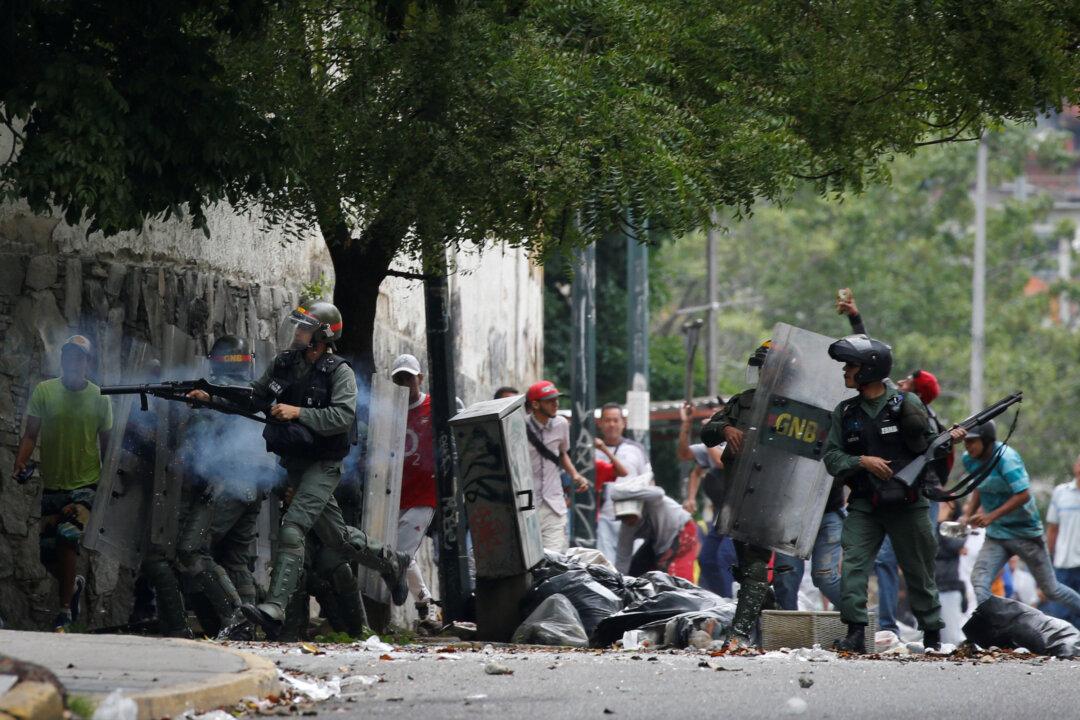CARACAS—Venezuela’s opposition was blocking streets on Tuesday to decry unpopular socialist President Nicolas Maduro’s decision to create a new super-body known as a “constituent assembly,” a move they say is a veiled attempt to cling to power by avoiding elections.
After a month of near-daily protests demanding early general elections, Maduro on Monday announced a new popular assembly with the ability to rewrite the constitution.
His government claims that the opposition is promoting street violence and refusing dialogue, so it has no choice but to shake up Venezuela’s power structure to bring peace to the oil producer.
Maduro’s foes counter that Maduro, a former bus driver they say has turned into a dictator, is in fact planning to staff the new assembly with supporters and avoid elections he would likely lose amid a crushing recession and raging inflation.






